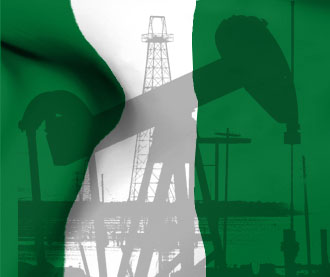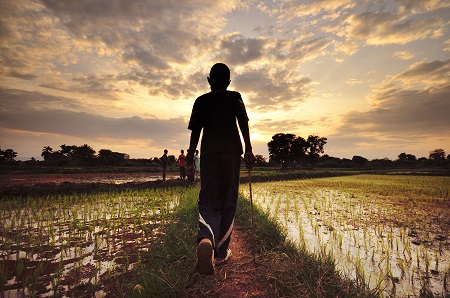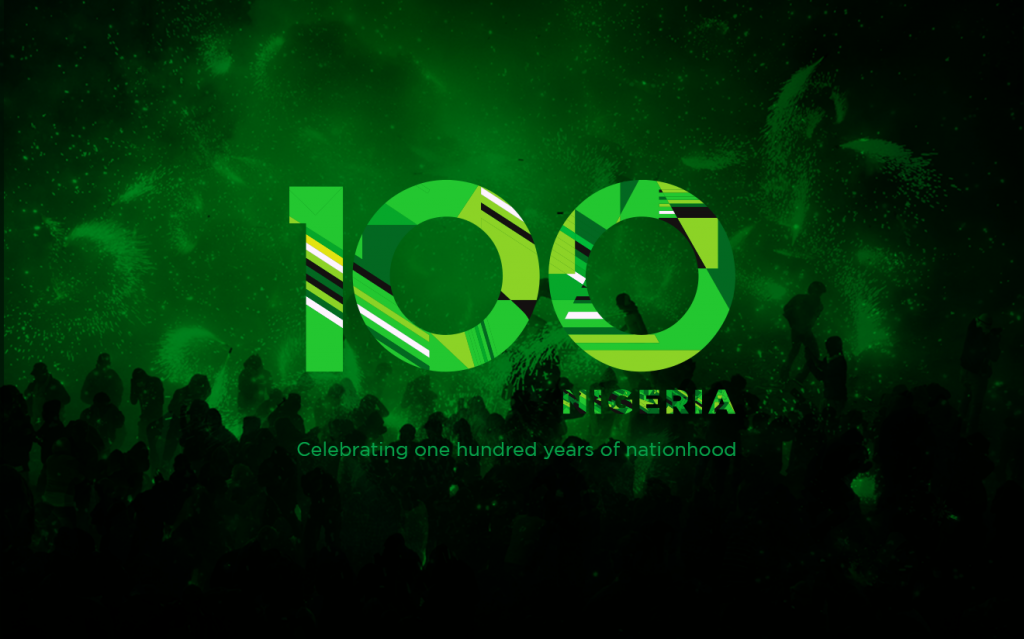By Richard Bourne OBE, Senior Research Fellow at the Institute of Commonwealth Studies
Nigeria, put together by Lord Lugard in January 1914, has just been celebrating its centenary. This is slightly less of a hooley than the celebration of 50 years of independence in 2010; the hundred centenary medallions to recognise individuals were silver, the fifty in 2010 were in gold. The Queen has had a centenary medal, as have the late Lord and Lady Lugard (Flora Shaw ); the Foreign and Commonwealth Office are trying to locate heirs to the Lugards, who had no children, and Andrew Pocock, current High Commissioner in Abuja, would quite like to display their medals in a new High Commission building.
But the slight ambivalence about these colonial beginnings has fed into current controversies. Wole Soyinka, Nobel Prize winner, has refused his centenary medal because the present government has seen fit to honour all previous presidents, including the last military despot, Sani Abacha. He was a notorious kleptocrat and his widow, who accepted the medal, was stopped on the way to the airport after his death in 1998 with luggage loaded with dollars. Within a few days of the ceremony the US Department of Justice stated that it had located $458M more of Abacha loot, including $313M in banks in Jersey.
Can Nigeria, which had an economy on a par with Malaysia in the early 1960s, really make it now?
This is probably the eighth largest oil producer, whose four refineries work at 30 per cent capacity, which imports fuel, with erratic shortages at the pumps. Electricity and water are not reliable. Although a growth rate of 7.5 per cent is forecast for this year there is little trickle down and corruption is rampant. A “forensic audit” is promised into the missing $20 billion that the Nigerian National Petroleum Corporation should have transferred to the federal government. Few expect it to find the money. In the circumstances the suggestion by Jim O’Neill that Nigeria will be one of the fast-growing MINT economies ( Mexico, Indonesia, Nigeria and Turkey ) looks fanciful.

Political situation in Nigeria
For the politics are also threatening. A national conference has opened in Abuja, to look at the structure of the state, distribution of oil revenues, and issues of citizenship. The 36 states of the federation compete for national resources, and the power of the president – currently President Goodluck Jonathan from Bayelsa in the Delta – is awesome. Much to the fury of the North, which has largely monopolised the central government since independence, Jonathan could win a second term in next year’s presidential election. A strong coalition has been put together to oppose him – the All Progressives Congress – and it will probably run a Northern candidate for the presidency. If a Northerner does not win there could be riots and serious trouble in the North; an Igbo informant in Kano told me that he will be taking his annual leave during the election, and fears are widespread.
For there is already a major insurgency in the Northeast, led by the Muslim sect Boko Haram ( “western education is forbidden” ) which has links with Al-Qaeda in the Maghreb and Al-Shabaab in Somalia, and has bases in neighbouring states. It has forced the MDG statistics for primary education into retreat; it has made an attempt on the life of the Emir of Kano; it has attacked a UN building in Abuja. Every day people, including school children, are getting killed. By contrast the militancy in the environmentally degraded Niger Delta is quiet, following an amnesty and the buy-back of weapons; but it could revive if a Northerner was to win the presidency. The stealing of oil in the Delta continues on a considerable scale, with widespread complicity. Illegal refineries are visible from the air, and foreign tankers which collect the fuel could easily be stopped if there was the will to do so.
Options for the country
The national conference could be a solution, or it could be an overture to disastrous elections in 2015. The last such conference, under President Obasanjo, broke down over his desire to change the constitution so that he could have a third term, and a walkout by delegates from the Delta who wanted more of the revenue from the oil extracted from their region. This time the issue of revenue derivation is still there, but many Southern delegates are pushing to reduce the power of a federal government which soaks up too much recurrent expenditure, and promotes a dependency culture in the states.
Former Commonwealth Secretary-General Chief Emeka Anyaoku, now home and appreciated as a senior international statesman, has been arguing that the 36 states should combine into six. However this would ride roughshod over the ethnic claims and sensitivities which have seen a twelve-fold growth from the three states at independence, with some ethnic minorities still dissatisfied. Many think that states should have more incentive to raise their own income; Lagos, the commercial hub, and Sokoto, an agricultural state in the North, are showing what is possible.
Nigeria, which was an honorary front line state in the anti-apartheid struggle, and has sent UN peace-keepers round the world, is a constant cause of irritation to Nigerians. Even the number of its population – possibly up to 180M now – is in dispute, because levels of trust are low, even in the census, and ethnic identity tends to trump any national commitment. Politicians are overpaid, and seen as primarily concerned to feather their nests. History has been removed from the school curriculum, so young Nigerians are not aware of their achievements, as well as travails, over the century.

Africa’s crippled giant
No one disputes the huge resources, human and material, of this vast country. In spite of weak institutions and corruption at all levels there is a sizeable middle class, diaspora professionals are coming home, and there have been important wins in governance since the military pulled out in 1999. In particular the defeat of Obasanjo’s bid for an unconstitutional third term, and the proper succession of Vice President Jonathan when President Yar’Adua died in office, were signs of a stronger civic culture. The next eighteen months are going to be tricky, but if the structural and political problems can be overcome, Africa’s crippled giant – to borrow a phrase of Professor Eghosa Osaghae[1] – might begin to walk at last.


Recent Comments